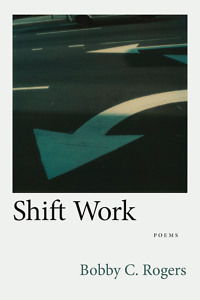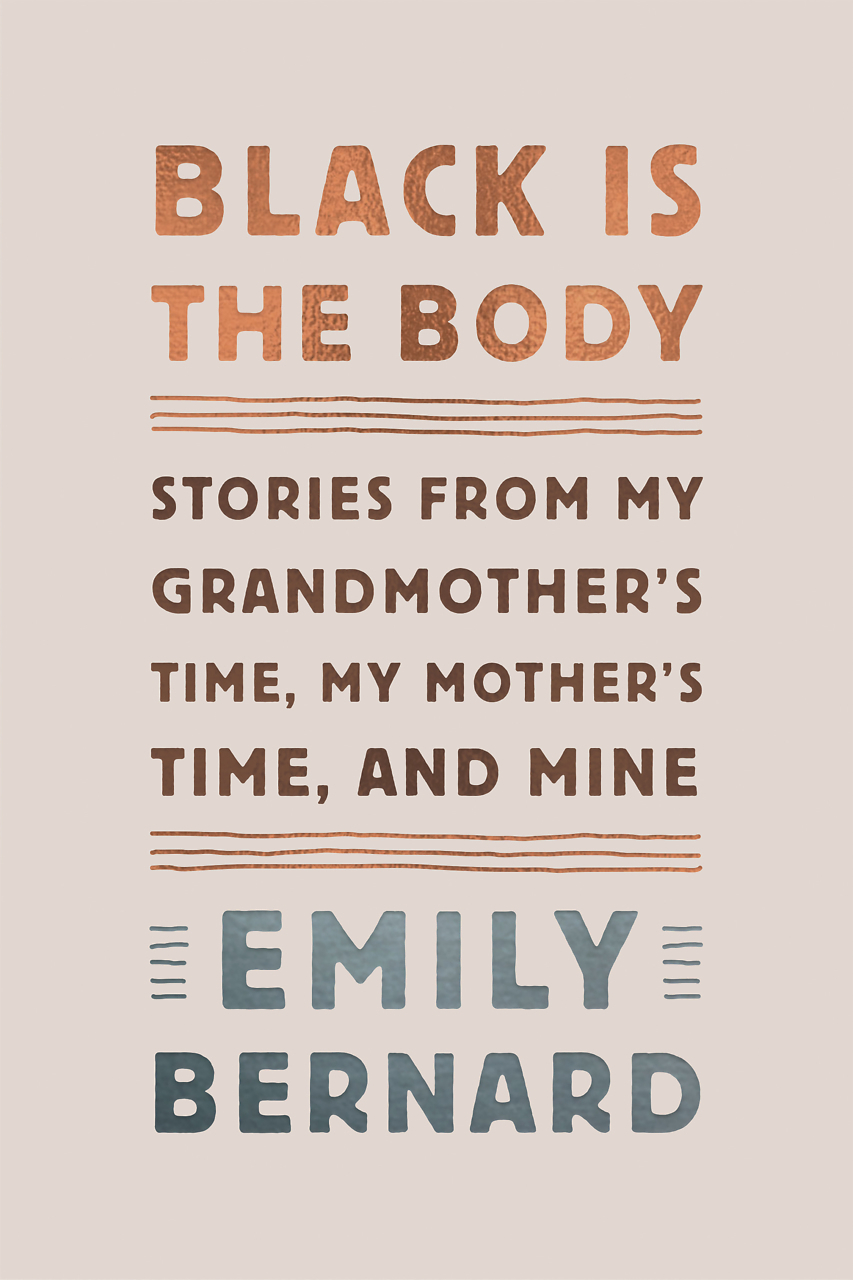Defenseless Against the Memory
Bobby C. Rogers brings depth and richness to his poetry’s West Tennessean setting
FROM THE CHAPTER 16 ARCHIVE: This review originally appeared on February 28, 2022.
***
In West Tennessee native Bobby C. Rogers’ new poetry collection, Shift Work, the present gives way constantly to the disrupting nature of the past. Just walking down a Memphis street can flummox the inner senses — “Maybe every city is a construct made in the mind // but the toe of my boot keeps catching on the bucked-up sidewalk sections / of this one.”
 Rogers, a University of Tennessee graduate who lives in Memphis and teaches at Union University in Jackson, brings depth and richness to his poetry’s Southern settings. He first explored these places in his previous collections, 2016’s Social History and 2012’s Paper Anniversary. Now, in Shift Work, Rogers mines the small-town front rooms, farmers’ fields, glass-strewn roadsides, and neglected cityscapes that suffuse the lives and memories of his many Tennessean characters.
Rogers, a University of Tennessee graduate who lives in Memphis and teaches at Union University in Jackson, brings depth and richness to his poetry’s Southern settings. He first explored these places in his previous collections, 2016’s Social History and 2012’s Paper Anniversary. Now, in Shift Work, Rogers mines the small-town front rooms, farmers’ fields, glass-strewn roadsides, and neglected cityscapes that suffuse the lives and memories of his many Tennessean characters.
Shift Work’s preoccupations of place and character lie within a distinctly Southern past, populated largely with bygone men and women whose daily lives touch on rural images and historical events that are signature elements of so much of the region’s literature. Does that fact make this work a poetry of nostalgia? Some readers may assume so. But alongside the evocation of that familiar past, this collection also engages a pervading sense of darker potentiality.
Here, the past is neither solid nor reliable. Rather, it is an unstable realm, one made from and sustained by the tenuousness of human memory. There’s as much peril within these memories as there is comfort, or amusement. If we enter them, we’re less likely to be soothed by homespun nostalgia than to be ensnared by a tougher set of truths.
One stark example is “Get Well Note for Elizabeth Caldwell,” in which the poet as a young boy mails a card to his dying schoolteacher. But she does not live to receive it: “[My] get well note // staled to elegy.” The poet continues: “What’s an elegy ever done for the elegized? It’s a prettified excuse for not saying all you should have said // when it might have mattered.” Hardly a sentimental trip down memory lane.
In these poems, engaging memories risks vulnerability, as the opening lines of “In the Attic” convey: “The sound the pull-down stairs made was a chorus trying to tell the truth / about the past, one shrill word — Here — screeched.” Brought up the attic stairs with his mother, who’s nervous to come alone, the young poet marvels at the storied objects found there, some muffled sounds of the world outside, and odd glimpses of their house below, now seen from a new vantage point. “No one’d told me there was a backstage and underside to everything where you could see // how it was joined together and might be pulled apart again.”
 Another example is the notably titled poem, “Election Day Shooting at Middleburg, Tennessee, November 4, 1924, with Excerpts from the November 7 Edition of The Lexington Progress and Auburn Powers’ History of Henderson County.” This poem permeates officially recorded history with personal remembrance from the poet’s grandmother. Pressed for detail, she gives account of what she witnessed long ago, “defenseless against the memory.”
Another example is the notably titled poem, “Election Day Shooting at Middleburg, Tennessee, November 4, 1924, with Excerpts from the November 7 Edition of The Lexington Progress and Auburn Powers’ History of Henderson County.” This poem permeates officially recorded history with personal remembrance from the poet’s grandmother. Pressed for detail, she gives account of what she witnessed long ago, “defenseless against the memory.”
Some of the poems’ most affecting passages convey an aching tenderness toward various figures from the past — parents, grandparents, neighbors — crafted in scenes that depict moments when they themselves are reaching into their own memory, or else reaching out, considering another possible track that their lives might have followed.
Such moments often involve people’s work, a subject which Rogers emphasizes throughout the book. The poetic consciousness that pervades Shift Work communicates self-awareness of class contrasts, especially among the Southern men observed by the poet. This rural “son of schoolteachers” moves further away from his origins as he gains the literary tools to describe them. This push-pull creates an atmospheric tension within the work, encapsulated by a Chet Atkins line that serves as the book’s epigraph — “I’ll always be poor in my mind.”
Storytelling takes a prominent role in this collection, through Rogers’ captivating settings, suspenseful scene pacing, and attentive character study. The collection is brilliantly sequenced, and the poems unfold in a consistent form of coupled long lines, seamlessly executed. These long lines serve the poems’ narrative subjects and the work’s elegant, understated voice. The effect is subtle and nuanced, aligning the reader to Rogers’ energized yet unhurried pace and tone.
As a result, these poems smuggle whole worlds into brief scenes. In this sense, they resemble the bird in “Mourning Dove.” Her song may be simple, but “you can chronicle the history / of heartache in the shaping of a five-note phrase. Technique is hard to see // when it’s what’s making you weep.” If, as Rogers writes, “The final attainment of the virtuoso is / learning to keep it to yourself,” then the poems of Shift Work know a thing or two about that mysterious sleight of hand.

Emily Choate is the fiction editor of Peauxdunque Review and holds an M.F.A. from Sarah Lawrence College. Her fiction and nonfiction have appeared in Mississippi Review, storySouth, Shenandoah, The Florida Review, Rappahannock Review, Atticus Review, Tupelo Quarterly, and elsewhere. She lives near Nashville, where she’s working on a novel.


